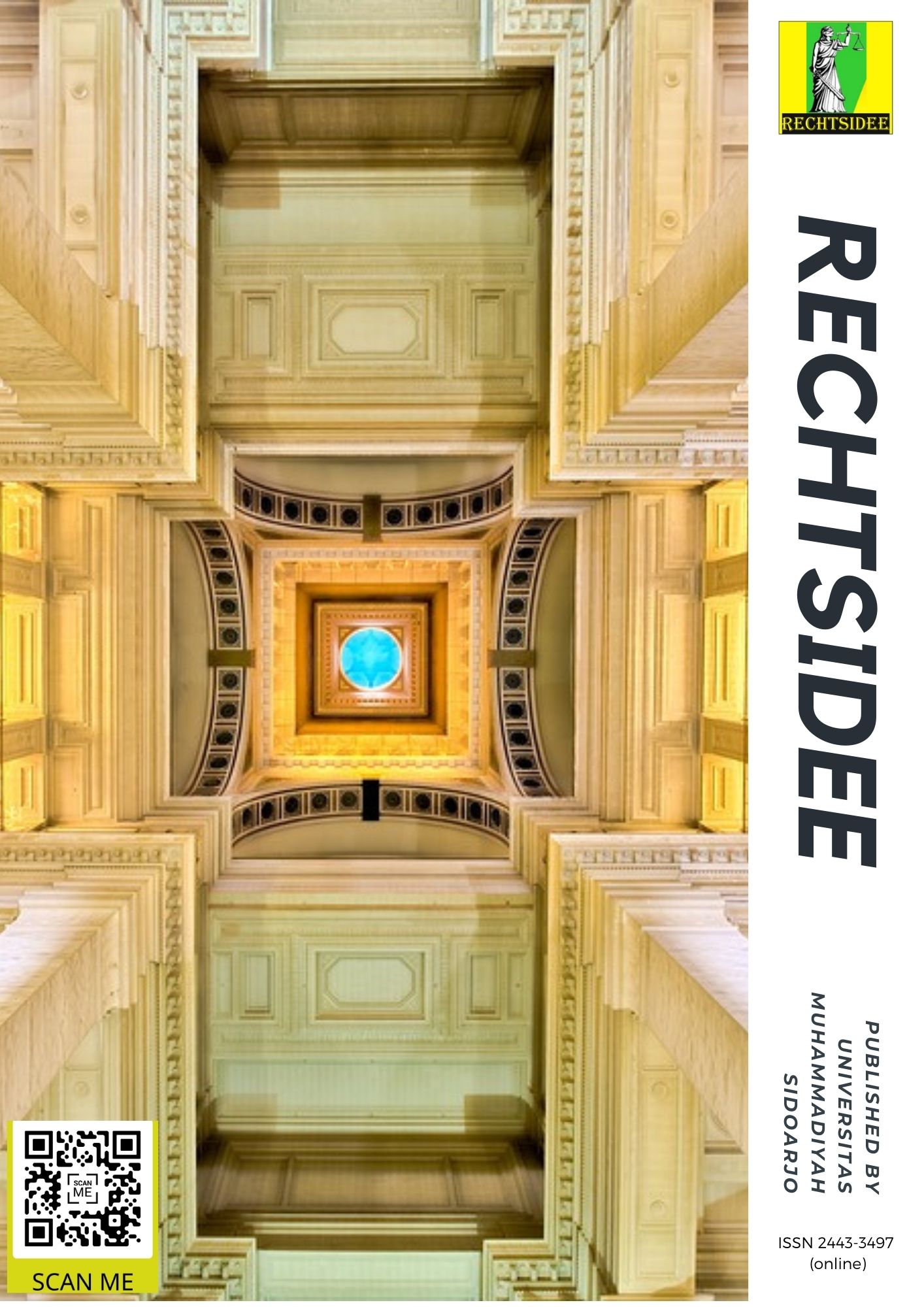The Elusive Justice: Analyzing Disparities in Judges' Decisions on Domestic Psychic Violence Cases Keadilan yang Sulit Dipahami: Menganalisis Disparitas Putusan Hakim dalam Kasus Kekerasan dalam Rumah Tangga

- Psycho violence,
- household,
- Law Number 23 of 2004,
- judges' considerations,
- decision disparities
Copyright (c) 2023 Steven Liong, Helvis Helvis, Markoni Markoni, I Made Kantikha (Author)

This work is licensed under a Creative Commons Attribution 4.0 International License.
Abstract
This study aimed to analyze the basis for judges' considerations in cases of domestic psychological violence and to examine the causes of disparities in judges' decisions. The research employed a normative juridical research method. The results showed that judges' considerations in domestic psychological violence cases were based on three factors: juridical, sociological, and ideal philosophical considerations, which resulted in different decisions. The study found that disparities in judges' decisions could not be eliminated due to various influencing factors. Nonetheless, the act of psychological violence is considered a crime that disturbs family harmony and is prohibited by Law No. 23 of 2004. This research has implications for the need to establish clear guidelines for judges in handling domestic psychological violence cases to ensure consistency and fairness in the legal system.
Highlights:
- The judge's considerations in domestic psychological violence cases include juridical, sociological, and ideal philosophical aspects.
- Different considerations can result in different decisions, even in similar cases.
- Acts of psychological violence in the household are prohibited by Law No. 23 of 2004 and can disrupt family harmony.
Downloads
Metrics
References
- J. Gray, Children Are from Heaven, Jakarta: Gramedia Pustaka, 2000.
- M. Ismail, Miftahul Ulum, Moh Mujibur Rohman, and Mohsi Mohsi, "Taqnin al-Ahkam (Telaah Sejarah Legislasi Hukum Perdata Islam dalam Hukum Nasional Indonesia)," Ulumuna: Jurnal Studi Keislaman, vol. 6, no. 1, pp. 85-109, 2020.
- A. Ismail, Atika, and Susiana Kifli, "Urgensi Pembaharuan Hukum Perdata di Indonesia," Justicia Sains: Jurnal Ilmu Hukum, vol. 7, no. 1, pp. 113-131, 2022.
- A. M. O. Manopo, "Putusnya Perkawinan Beserta Akibat Hukumnya Terhadap Anak Menurut Undang-Undang Perkawinan Nomor 1 Tahun 1974," Lex Privatum, pp. 161-162, 2018.
- Y. Nurhayati, Ifrani Ifrani, and M. Yasir Said, "Metodologi Normatif dan Empiris dalam Perspektif Ilmu Hukum," Jurnal Penegakan Hukum Indonesia, vol. 2, no. 1, pp. 1-20, 2021.
- M. Yusuf, M. Y., "Dampak Perceraian Orang Tua Terhadap Anak," Jurnal Al-Bayan: Media Kajian dan Pengembangan Ilmu Dakwah, vol. 20, no. 1, 2014.
- R. I. Tektona, "Kepastian Hukum Terhadap Perlindungan Hak Anak Korban Perceraian," Muwazah, vol. 4, no. 1, 2013.
- U. Hasanah, "Pengaruh Perceraian Orangtua Bagi Psikologis Anak," Agenda: Jurnal Analisis Gender dan Agama, vol. 2, no. 1, pp. 18-24, 2020.
- S. R. W. Hendi, Pengantar Studi Sosiologi Keluarga, Bandung: Pustaka Setia, 2001.
- M. S. T. A. Y. Muhammad Syaifuddin, Hukum Perceraian, Jakarta: Sinar Grafika, 2014.





